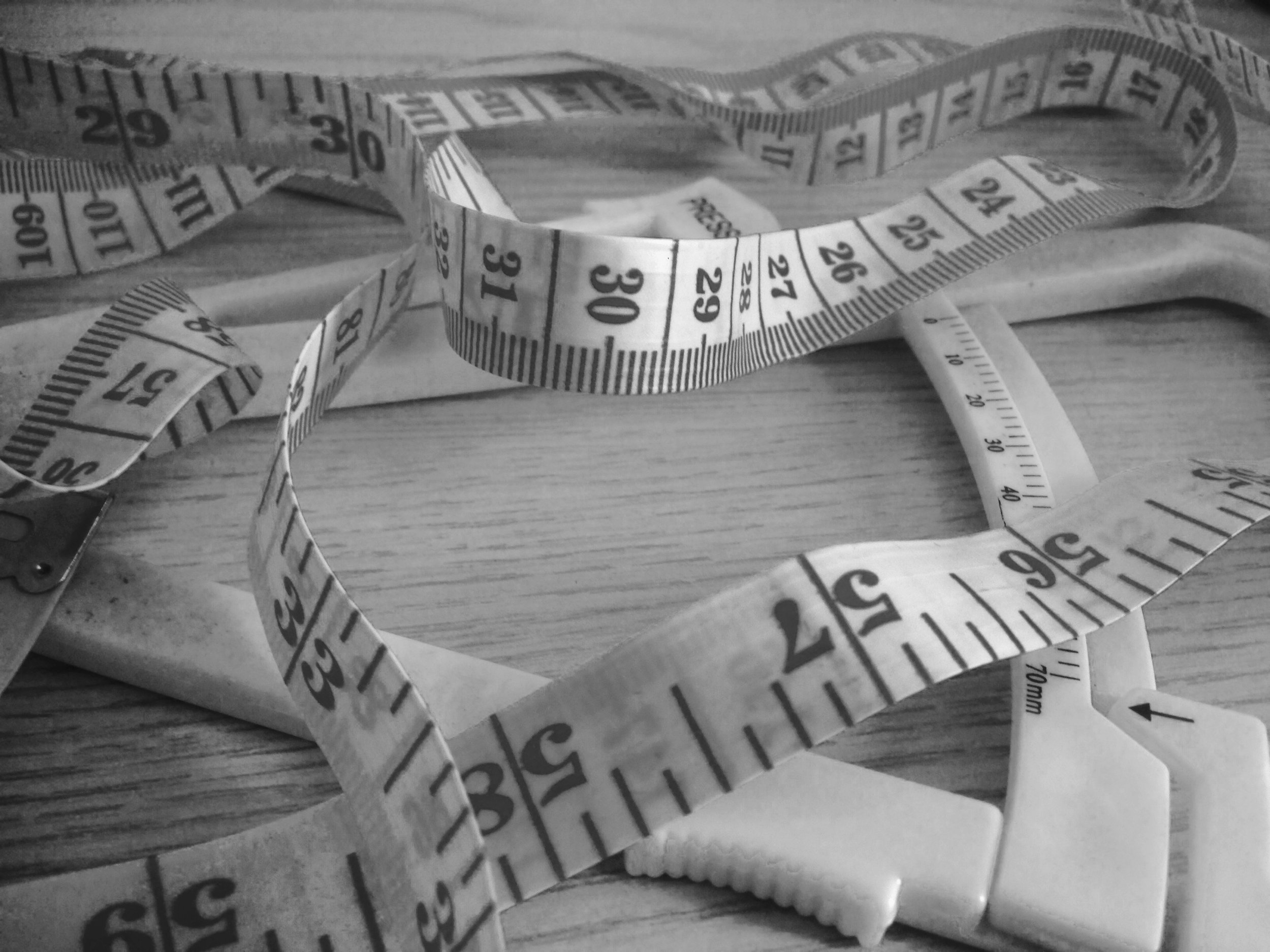 Weight loss - At some point most of us have this goal. There are so many different motivations for it; health, improved body composition, enhanced strength to weight ratio or - what applies to me as a strength athlete - getting into the desired weight for a competition. For most of us the goal is not only losing weight (fat) but also mantaining muscle and strength.
Weight loss - At some point most of us have this goal. There are so many different motivations for it; health, improved body composition, enhanced strength to weight ratio or - what applies to me as a strength athlete - getting into the desired weight for a competition. For most of us the goal is not only losing weight (fat) but also mantaining muscle and strength.
“Which dieting strategy is the best to reach my goals?” - this is a frequently asked question in facebook groups I admin.
There are so many different approaches. Is low carb & high fat (aka keto-diet) really better than high carb & low fat? Or is it the other way round?
First of all, the best dieting strategy is the one that works for you and you feel the most comfortable with. If you hate your diet, then it is very difficult to stick to it and not to rebound (start eating all the food you love, but weren’t allowed to eat while dieting) after you reached your goal.
In my ‘science and evidence-based opinion’, it does not really matter which strategy to follow. Diets that are high/low in carbs/fat can be equally good, as long as enough protein is consumed (≥ 25% calories from protein)1 and adequate caloric deficit is created.
Caloric deficit
Caloric deficit is crucial for weight loss goals. However, it should not be too high (~ 800kcal/day) not to risk losing too much muscle mass. Studies examining a smaller caloric deficit of ~300 kcal/day showed more muscle retention when calories are restricted.2
Exercise
Steady state cardio increases energy expenditure and may support the weight loss process. However, too much cardio is definitely not ideal, especially for people who are interested in maintaining their strength and muscle.2 Structured resistance training is crucial to preserve muscle mass under calorie deficit.1
Carbohydrate and fat intake
Adequate carbohydrate intake is very important, particularly for individuals who are already lean and want to lose more weight (e.g. competitive bodybuilders or weight class athletes). Weight loss studies in which higher carbohydrate to fat ratio was consumed showed better results regarding muscle mass retention.2 This suggests that keeping carbohydrate intake as high as possible is a reasonable strategy. There are several reasons for the importance of carbohydrates during weight loss process.
- The levels of satiety hormone leptin respond to carbohydrates. Low leptin level results in decreased satiety and increased hunger.1
- Low carbohydrate intake may decrease thyroid hormone production and slow down metabolism. When food/energy intake decreases, our bodies try to utilize the available energy as efficient as possible. This leads to a drop in the total daily energy expenditure, increased efficiency in ATP (energy) production and hormonal changes.1
- Another possible reason is that low carbohydrate intake may increase cortisol levels (stress hormone).1 Cortisol is involved in gluconeogenesis, the process in the human body that produces glucose when blood sugar level is low (for example in the morning after overnight fast). High cortisol level leads to muscle breakdown and abdominal fat retention.
However, high carbohydrate diets are not for everyone, some people are carbohydrate sensitive. Often individuals who have a higher body fat percentage respond better to a lower carbohydrate diet. Also, genetics plays an important role. People who have a lower copy number of AMY1 gene (encoding starch digesting enzymes) have 8-fold higher odds to become obese on a starch-rich diet.3 For them a diet high in carbohydrates does not make a lot of sense (at least when starch is used as carbohydrate source). Foods that contain simple sugars, such as fruits, may be a better carbohydrate source.
Bottom line Don’t cut your calorie intake too much. It seems like slower, more careful dieting strategy makes more sense than drastic calorie reduction, as often seen in trendy crash diets.
Don't do too much cardio. Lift weights instead.
Don't remove carbohydrates from your diet, if you don't have a good reason to do so. It is more likely that the success of most low-carb diets is due to reduced caloric intake in combination with increased protein intake. Cutting out carbs often means restricting junk food consumption. Removing calorie dense food with 'addictive potential' is likely to have higher contribution to weight loss than carbohydrate restriction.
References
- Trexler, E. T., Smith-Ryan, A. E. & Norton, L. E. Metabolic adaptation to weight loss: implications for the athlete. J. Int. Soc. Sports Nutr. 11, 7 (2014).
- Robinson, S. L., Lambeth-Mansell, A., Gillibrand, G., Smith-Ryan, A. & Bannock, L. A nutrition and conditioning intervention for natural bodybuilding contest preparation: case study. J. Int. Soc. Sports Nutr. 12, 1–11 (2015).
- Falchi, M. et al. Low copy number of the salivary amylase gene predisposes to obesity. Nat. Genet. 46, 492–7 (2014).
